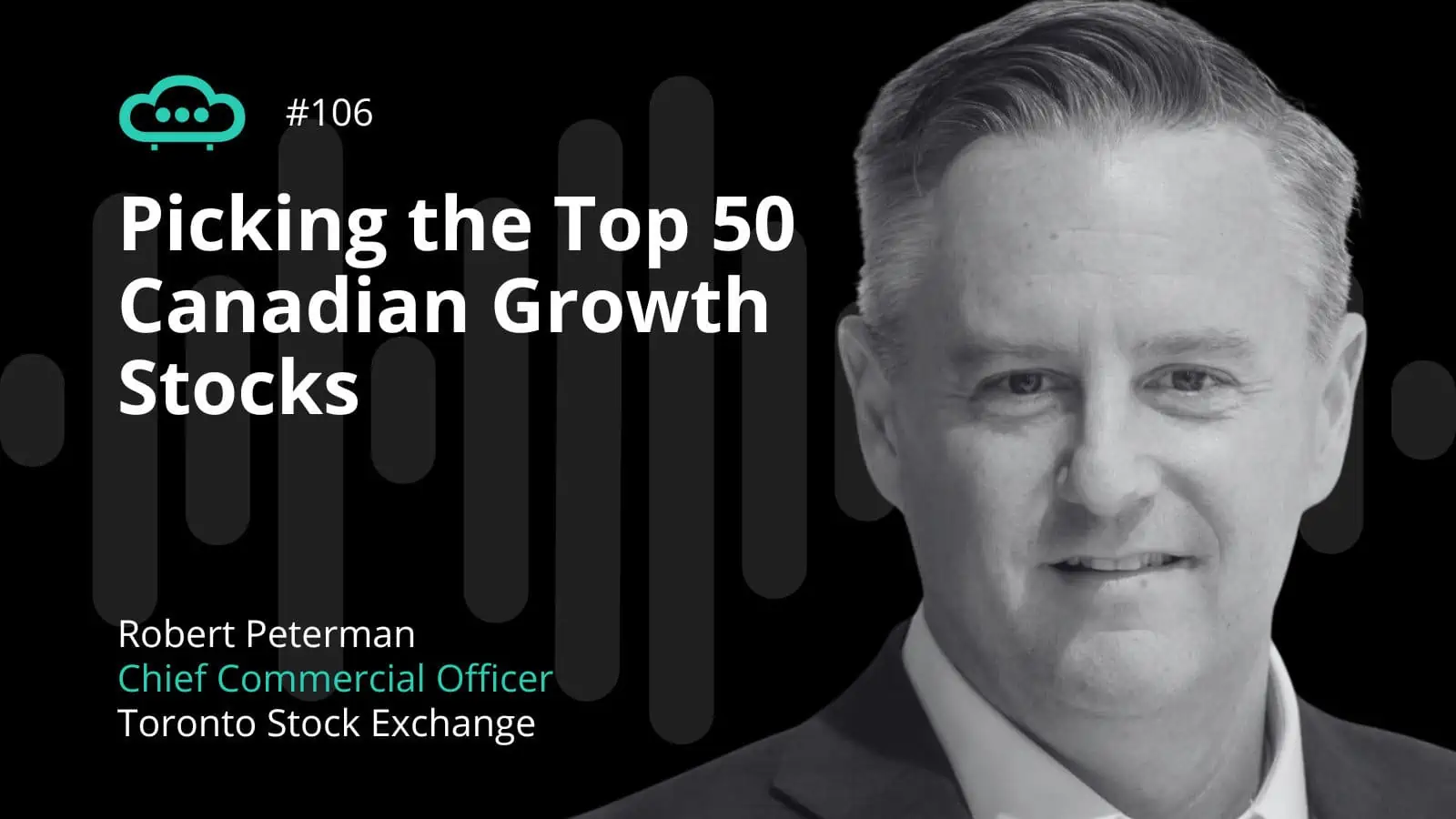J.D. Wetherspoon [LON:JDW] and its chairman, Tim Martin, has never been shy to fight its corner. This FTSE250 company retains a special place in the UK’s heart and runs pubs how they used to be, as ‘pubs’, opposed to ‘post-ironic consumer experiences’.
Wetherspoon is built on the back of availability and value. Boasting nearly 900 pubs nationally, although this number is down from its peak of over 1,100 outlets, after a tough few years, where the hospitality group had to juggle with issues concerned with Brexit, Covid, inflation and the cost-of-living crisis, the pub recently took on the Daily Mail which had the temerity of question ‘Spoon’s value proposition.
- Thoma Bravo makes compelling offer for cybersecurity champion Darktrace
- This FTSE 250 stock offers great exposure to defence sector as conflicts continue
- Royal Mail should not be broken up, argues leading investor in stock
The biggest (paid-for) newspaper had run a story about how the pub chain was hiking its prices by 13% saying: “People go to Wetherspoons because it’s cheap. It remains to be seen if it will retain its customers now it’s the same price as everywhere else,” to which Wetherspoon issued a robust rebuttal, claiming: “While the company’s prices do vary from location to location, a price survey carried out by the company’s pubs into pricing at their nearest competitors in April 2023 showed that the competitors’ drinks prices were, on average, 43% more expensive than Wetherspoon and competitors’ food prices were, on average, 33% more expensive than Wetherspoon.”
The original Daily Mail article is no longer available on its website, but you can still get a pint of beer in a Wetherspoon pub for less than GBP1.50.
Promising green shoots
The pub chain is due to publish its results on Friday (6th October), and Martin said earlier in the year that “promising green shoots” had emerged in the economy in 2023, as costs for food and energy has cooled since the beginning of the year and the company was expecting revenues and profits to continue its recovery from its worst year, 2021.
He said: “The company expects profits in the current financial year to be in line with market expectations.” Wetherspoon has been reducing its estate since Covid, with 22 of its pubs up for sale or under offer, after shutting 28 sites in the past year to manage costs, which the company said was not due to financial pressures, but because the pubs sold or up for sale were close to other Wetherspoon premises.
Profits expected to grow
Although Wetherspoon did not say what analyst expectations were, consensus indicates that pre-tax profits would be in the region of GBP33.8m compared to GBP25.7 for 2021/22. At the same time the pub chain also has been cutting debt, announcing in July that net debt had fallen by 6.8% to GBP688m.Drinkers have raised a glass to Wetherspoon as it is staying cheap and cheerful, but shareholders have also had reason to cheer.
The company opened trading for the week (2nd October) at 664.96p, but this jumped almost immediately to 698p and has offered a year-to-date return of 46.9% and a one-year return of 70.6%. The 52-week price swung between 388.4p and 816p. J.D. Wetherspoons has a market capitalisation of GBP890.3m.
If you are not-too-picky, or snooty, there is a lot to like about an evening at Wetherspoon, and as an investor there is also a lot to like. The company’s share price, like its management, is counter-cultural (in respect to the way its shares have moved compared to the index) and has bucked the trend giving really strong returns over the past year.
Dividend history
It’s still around 45% off where it was around five years ago and 60% behind its pre-pandemic levels so there is potential to grow, even at this price. Moreover, Wetherspoon had pre-pandemic a decent history of paying its shareholders dividends. In 2018 it paid 12p a share. Obviously, the dividend was cancelled through the Coronavirus pandemic, as it wasn’t making any money as its pubs were closed, and also was restricted from making payouts as it took government support during the lockdown.
However, Wetherspoon has started on its road to recovery, and although it still has debt and possibly Coronavirus support payment to service, the company when it’s operating at full steam does generate strong cashflows, which it has historically returned to customers, in keeping its beer pump prices low through discounting and to its shareholders in regular dividend payouts.
Wetherspoons has its detractors, but it has never pretended to be something that it isn’t. It offers cheap food in plentiful amounts washed down with a big selection of cut-price drinks. However, it had bounced back much quicker and stronger than many of its competitors and will likely carry through to this week’s results.












